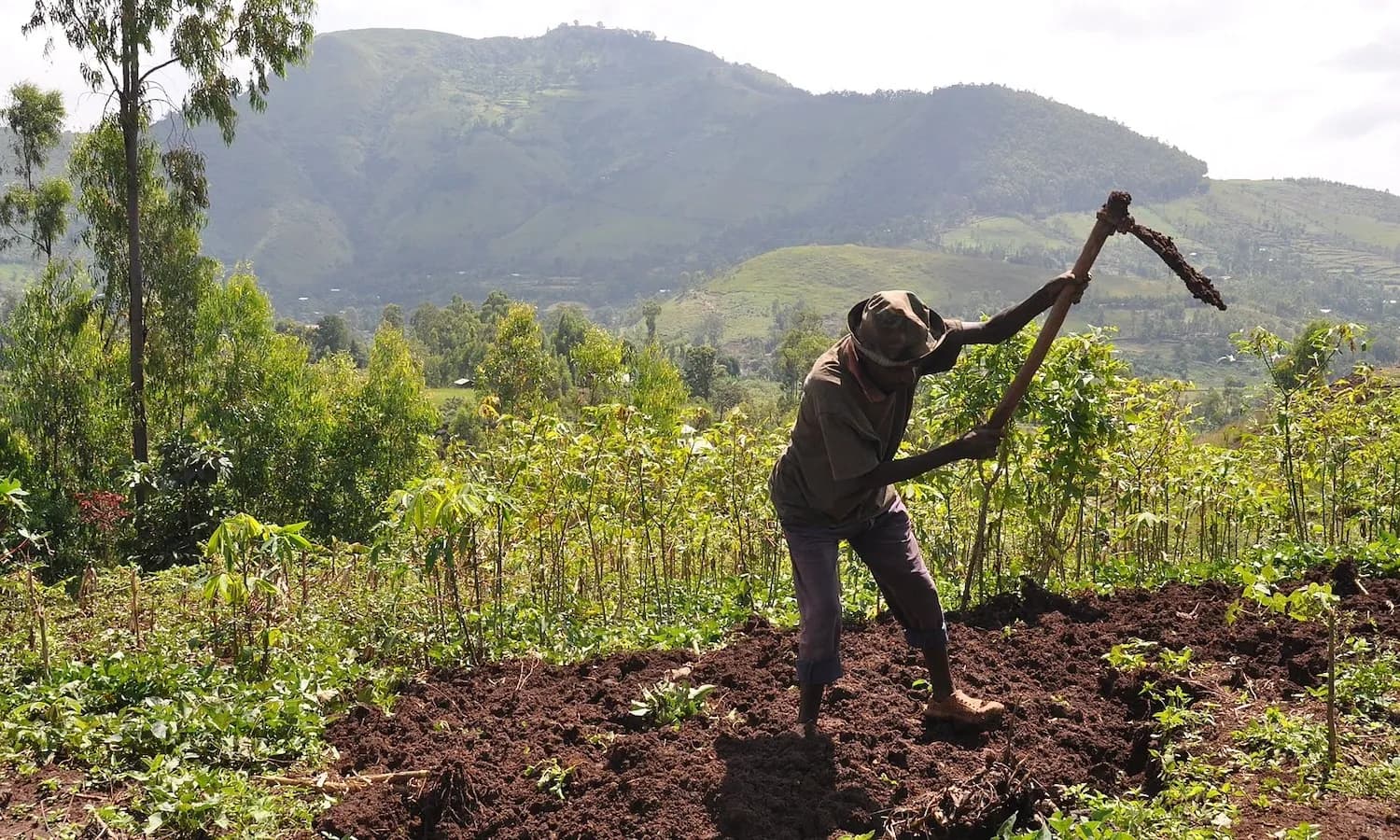Progress for 0 ad
Progress for 1 ad
Progress for 2 ad
Progress for 3 ad


Daniel Metaferiya
Addis Ababa, Ethiopia

Ethiopia is preparing to host the second United Nations Food Systems Summit at the end of the month, co-organized with the Italian government. The summit, an initiative launched by U.N. Secretary General António Guterres, aims to transform how the world produces, consumes, and thinks about food in the face of climate change and mounting global hunger.
Despite its struggles with food insecurity with nearly 10 million Ethiopians being classified as acutely food insecure, Ethiopia was selected as host in recognition of recent national efforts to address hunger and climate vulnerability, according to local officials
Mandefro Nigussie (PhD), CEO of the Ethiopian Agricultural Transformation Institute (ATI), cited the Green Legacy initiative, a nationwide reforestation project launched in 2019, and Ye Lemat Turfat, a livestock and fishery-focused project to boost agricultural productivity as primary reasons. Both programs were spearheaded by Prime Minister Abiy Ahmed (PhD) and contributed to him receiving the Food and Agriculture Organization’s (FAO) Agricola award last year.
“These are impressive achievements,” the CEO said during a press conference held last week in the lead up to the Summit.
Under the moniker, Ethiopian Food Systems Transformation and Nutrition (EFSTN) 16 ministries have formed a committee backed by the UN Food Systems Coordination Hub, development partners, and national stakeholders. A synthesis report compiled to guide the transformation of the local food systems introduces 24 solutions organized into seven strategic clusters.
Ensuring access and availability of nutrient-rich foods, accelerated mechanization, integrated policies to promote agricultural transformation, access to markets, and sustainable urbanization are key among the clusters.
The solutions look to tackle a food supply chain undermined by droughts, floods, soil degradation, and extreme climatic events.
The UNFSS calls on member states to apply a food systems approach to achieve the SDGs. The UN Committee on World Food Security’s High-Level Panel of Experts (HLPE) on Food Security and Nutrition defines a food systems approach as one that “gathers all the elements (environment, people, inputs, processes, infrastructures, institutions, etc.) and activities that relate to the production, processing, distribution, preparation, and consumption of food.
Over the past few years, Ethiopia experienced one of the worst droughts in its recorded history driven by the El Nino phenomenon. Nearly one million children faced acute malnutrition in 2024 according to estimates by UNICEF, while around 350,000 pregnant and lactating women experienced malnourishment. Funding shortfalls have also led to the suspension of malnutrition treatment for 650,000 women and children as of early 2025. Without an urgent injection of up to $222 million, 3.6 million vulnerable people were set to lose essential food and nutrition support by the World Food Program (WFP) back in April.
Still, the Summit offers a platform for Ethiopia to showcase its food system reforms and forge partnerships to accelerate progress. If fully implemented, the country's food system transformation plan could help establish a more sustainable and resilient network of producers, infrastructure, and institutions partly insulating vulnerable communities from future shocks.
Elsewhere in the continent, similar innovation is taking root. Rwanda has launched bankable food system investment programs and mobilized seed funding for youth-led agri-businesses. Kenya is digitizing its agriculture sector, registering over 6.5 million farmers and preparing to feed 10 million schoolchildren with locally sourced meals. Algeria, meanwhile, ranks highest among African nations on the Global Food Security Index, leading in food availability and system resilience.
👏
😂
❤️
😲
😠

Daniel Metaferiya
Daniel Metaferiya is a writer, journalist and radio host, with a keen interest in technology. He follows developments in Ethiopia's startup ecosystem closely and is passionate about profiling unique MSMEs.
Your Email Address Will Not Be Published. Required Fields Are Marked *